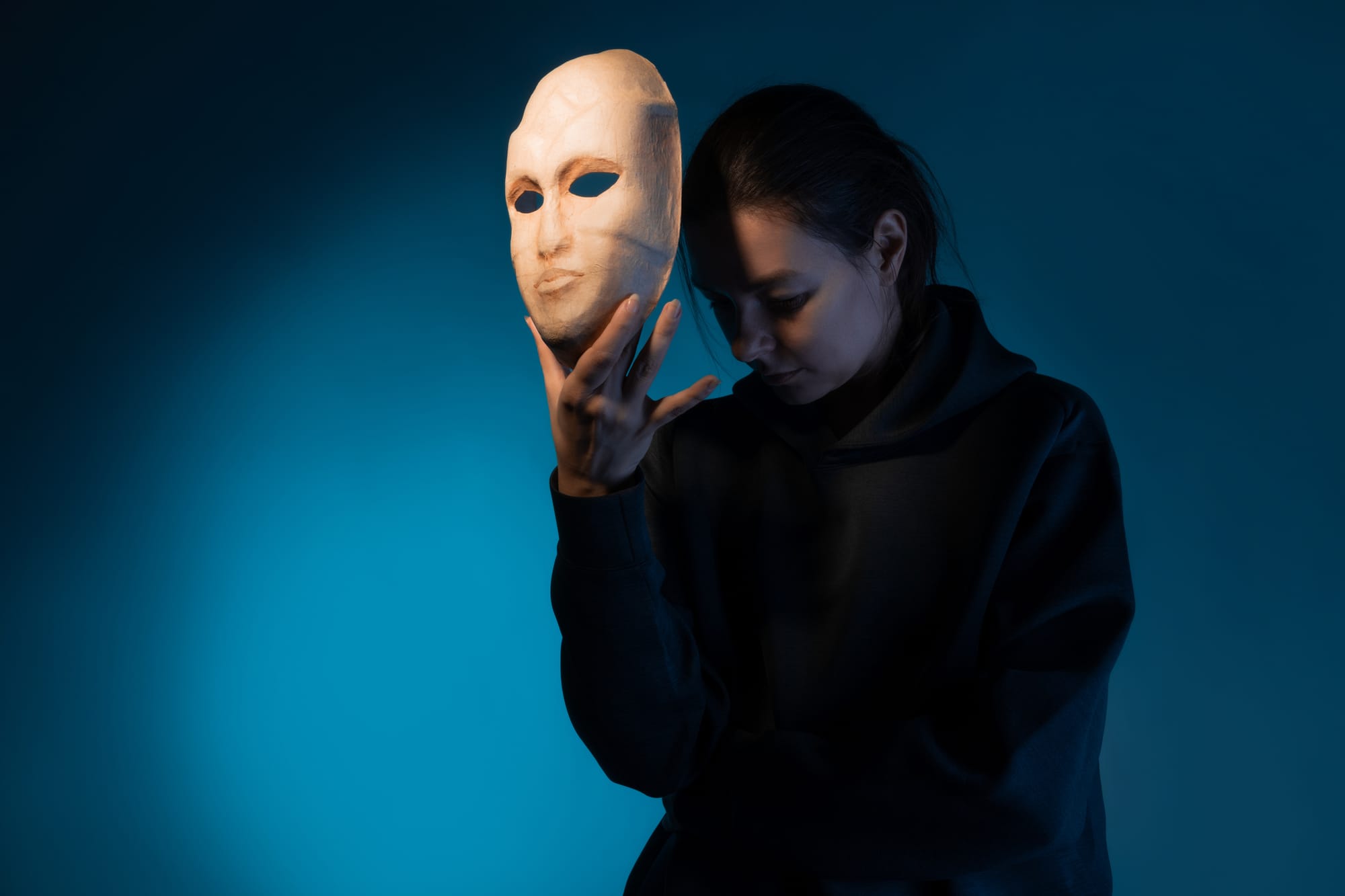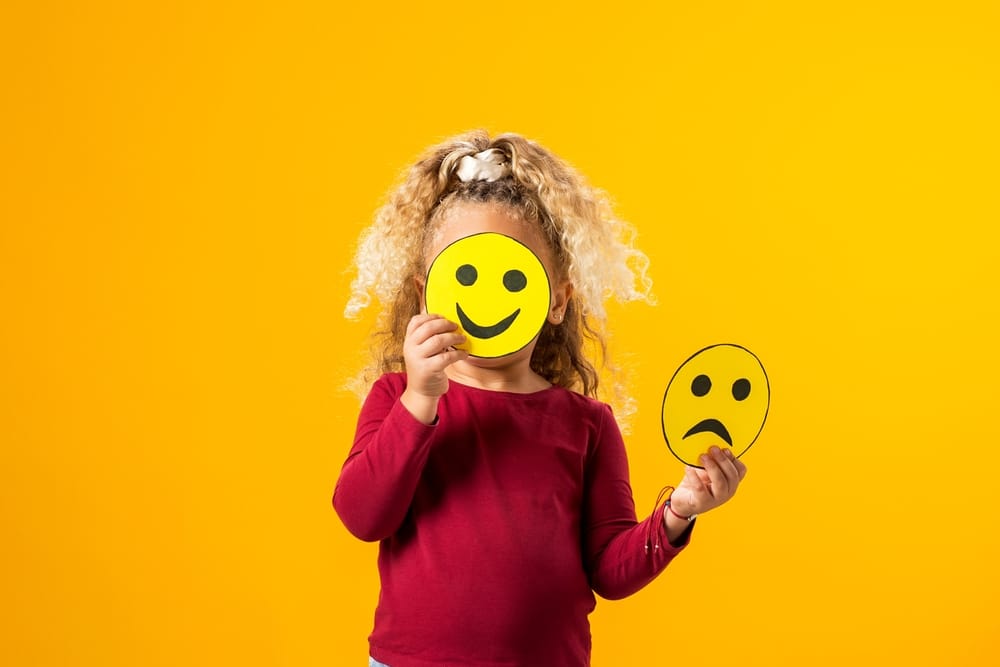
Sense of self
A study was conducted using self-portrait photography to explore how Japanese and American tertiary students interpret the concept of selfhood. Each student was given a Polaroid camera and asked to take a self-portrait. Later, they returned to present their photo and explain why they felt it represented who they were.
What unfolded was a striking contrast between the two groups—revealing how the idea of “self” is shaped by cultural context. The portraits taken by American students generally focused on emotions, personality, and personal expression. Most were close-up shots, highlighting facial features, expressions, and a sense of individuality. Their explanations often centred on how the image captured their internal world—their identity, feelings, and personal traits.
In contrast, the Japanese students’ portraits told a very different story. Their photos often included full-body shots, with the person appearing smaller in the frame. The setting played a much larger role: bedrooms, family photographs, objects of personal or ancestral meaning—items that spoke not just to who they were but also to where and with whom they belonged. When explaining their choices, many described their identity through the lens of relationships, social roles, and environmental context.
Cultural differences in selfhood
This study revealed a fundamental cultural difference in how selfhood is constructed. In individualistic cultures like the United States, the self is often seen as an independent agent—defined by internal qualities and personal achievements. In collectivist cultures such as Japan, the self is shaped through interdependence—through one’s place in a group, roles within the family, and relationships with others.
This contrast isn’t just academic—it has real implications, especially in mental health.
East does not always meet west
Therapeutic models developed in the West are often rooted in assumptions about the self as autonomous, introspective, and separate. These approaches prioritise independence, self-expression, and individual decision-making as well-being indicators. But when such models are applied universally, they may fail to honour how individuals from collectivist cultures experience their identity.
For example, in cultural contexts like Japanese, Korean, Chinese, and Malaysian Chinese (like myself), identity is profoundly shaped by one’s connections to family, community, and shared responsibility. The self is not seen in isolation but is inseparable from others—defined through roles, obligations, and belonging.
Take a typical example from many Asian communities: adult children often live with their parents or extended family well into adulthood. It’s also common for older siblings to take responsibility for younger ones or for adult children to care for ageing parents. These arrangements may bring challenges but are grounded in cultural values like duty, care, filial petry and family harmony.
Misunderstanding
Unfortunately, these dynamics are sometimes misunderstood or pathologised in Western counselling contexts—particularly when Asian clients present them to counsellors from individualistic backgrounds. What is often labelled as unhealthy boundaries, enmeshment, or co-dependency is not necessarily dysfunction but rather a reflection of a different cultural worldview.
Even everyday interactions reflect these values. In collectivist cultures, asking someone about their family is normal—and respectful. This might be seen as prying in individualistic cultures, but in a collective context, it’s a gesture of care and a way of acknowledging someone’s whole identity. You’re not just asking about the person; you’re recognising the world they’re part of.
In mental health settings, differences are often overlooked.
Western counselling focuses on intrapersonal development—emotions, autonomy, and self-awareness. While meaningful, these don’t always align with what matters most to people from collectivist backgrounds. Decisions are often made in consultation with family or trusted individuals. This doesn’t mean a person lacks autonomy—it means they understand their decisions affect others, and they honour that responsibility.
Ruptured sense of identity
When someone is labelled in this way, it doesn’t just hurt—it can rupture their sense of identity. What is natural and appropriate within their own cultural framework becomes framed as a problem.
Honouring worldview
This gap is worth our attention. It invites us to pause and ask: Are the tools, assessments, and frameworks we’re using truly aligned with the lived experiences of those from collectivist backgrounds? Are we honouring their worldview—or trying to fit them into one never designed for them? In many cases, our understanding of well-being remains tied to Western concepts of the individual self while overlooking deeply rooted Eastern interconnection frameworks. That, perhaps, is a whole conversation in itself.
Balance
This article isn’t about claiming that one culture is better than another. It’s not a critique—it’s a call for balance. I genuinely believe that both independence and interdependence offer value. One isn’t superior to the other. It’s about recognising the full range of human experience.
Ultimately, this is an invitation to acknowledge the continuum we all live within—between standing on our own and with others. When we create space for both, we make room for people to feel seen, respected, and supported—just as they are and were shaped to be.


